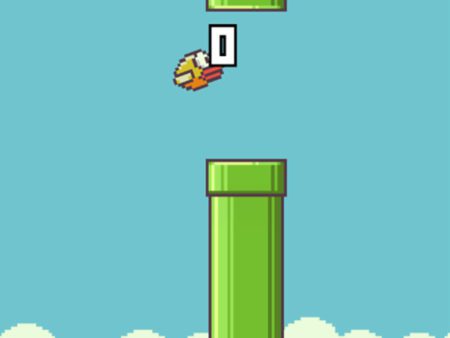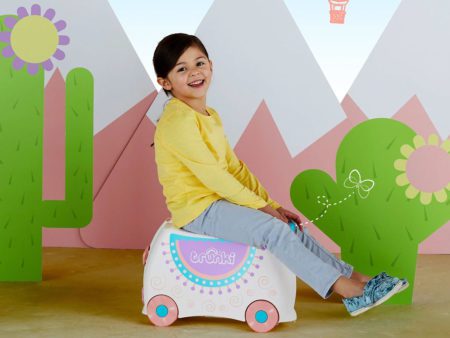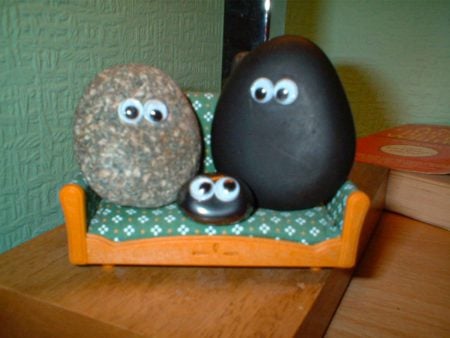1. Dryrobe
First up, we have a large poncho with absorbent towel material on the inside and a waterproof coat material on the outside.
You don't see many people wearing ponchos in public so maybe its worn inside? You use a towel to dry yourself after a shower, but this poncho has a waterproof outer layer. Is it useful if you forgot to turn the shower off? Or like like drying off in the rain? It would make more sense if we started with - Dryrobe is for surfers.
Dryrobe was designed by Gideon Bright - a UK-based surfer. According to their website, the first Dryrobe was based on an idea Gideon's mum had when he was a teenager. He was surfing all year round and getting changed out of surf gear in the rain, on a beach in the middle of winter was not fun.
It might seem niche but Gideon decided to give the idea a go anyway and sold his first Dryrobe in 2010. Since then the product has gone on to become a huge success with some of the world’s biggest sports brands supplying their teams with Dryrobe products including Red Bull, Go Pro, and even team GB at the Rio Olympics.
From one mum’s solution for her son’s surf problem, to being worn by the GB Olympic team and some of the biggest celebrities in the world, this is a great example of a homegrown British invention. Part of Dryrobe's success lies in identifying a big problem for a small number of people and solving it really well. Having a small customer base can be a good thing if they are really passionate about your product.
2. Flappy Bird App
Flappy Bird was a side scroll game that launched on iOS and Android mobile app stores. It was basic to look at and even simpler to play, you had one action you could control - flap. Press the flap button and the bird character flapped its wings and flew up before falling until you flap again. You used this to help the bird navigate a series of pipes. It was extremely difficult to play but was free to download and its creator Dong Nguyen hoped to make a few 100 dollars a month from in-game ads.
According to Rolling Stone, Dong launched the game and nothing much happened. Then 8 months later it went viral. Before he knew it the game had been downloaded 50 million times and Dong was earning $50,000 a day, getting rich faster than Mark Zuckerberg. With success came accusations of theft and cheating. The pressure of success became too much for Dong and he took the game down shortly after.
The game's success lay in its simplicity. It was a game you could start playing right away, and with the game being so hard, every success delivered a quick jolt of adrenaline that kept you playing. Using in-game ads worked well because the tiny add payments per player ended up generating huge revenues when millions of people played. Dong's success proved anyone can make a hit app.
3. Trunki
Trunki is another great British invention story. This time even The Dragons didn’t see the potential.
Rob Law went on the show asking for £100,000 in return for a 10% stake in his business. After failing to secure a deal he went on to launch the product himself. According to The Mirror, by 2018 Trunki had reportedly turned over £9.5 million and went on to develop other products including a rucksack that transforms into a booster seat.
An undoubtable part of Trunki’s phenomenal success lies with Rob and his determination to see the project through. Sometimes you look at the data sometimes you go with your gut.
4. Pet Rock
In 1975 Gary Dhal launched Pet Rock - a rock, in a cardboard box complete with straw bedding and breathing holes. According to Wikipedia, he came up with the idea while in a bar, listening to his friends complain about their pets. It became an instant fad that passed a few months later. In that short time, Gary managed to sell over a million units at $4 each making him a millionaire.
Sometimes novelty can be the secret to success, and success doesn't necessarily require years of sales. But novelty can only get you so far, the execution has to be flawless too. Gary didn't just put a Rock in a Box, he created an owner’s manual with tricks like "play dead" along with air holes in the box and bedding. He made the whole product including the packaging a great experience to buy and well worth $4.
5. Potato Salad
When we heard about this one we couldn't believe it.
The headline of this crowdfunding campaign reads "I'm making a potato salad". And to clarify, the project description starts "Basically I'm just making potato salad. I haven't decided what kind yet." The project’s creator Zack Brown was hoping to raise $10. He offered a variety of rewards for those who backed the project including "a bite of the potato salad" for $3 or more and anyone pledging $5 or more would be invited to choose "a potato salad appropriate ingredient" to add to the salad.
The project was a huge success and Zack raised over $55,000 to make the potato salad whilst also making the news and even featuring in an episode of South Park. It’s a prime example that while we like to think we know what we're talking about when it comes to commercializing ideas, ultimately sometimes you just can't tell. Sometimes you have to explore an idea before writing it off because if you don't, you might let a great opportunity pass you by.
How did they do it?
For all of the unusual product successes above, there are many more which didn't make it. How can you maximise your chances of success?
Be unique
These products all had something unique about them. To find out whether your idea is unique you can search the internet for similar products and do a Worldwide Patent Search to find out if similar ideas have been protected.
Only develop what you need to
Flappy Bird could have waited to develop advanced graphics and users accounts before launching. Carpool could have created a more bespoke design. By keeping things simple they both ensured development was quick and affordable. We can help you decide which features to save for your gen 2 product.
Give it a go
As the saying goes "don't try, never know". None of the ideas above would have become a success if their creators didn't act on the idea. You don't even have to go as far as launching the product to find out whether it could be successful. We can help you create an early design of the product which you can show to potential customers for feedback. You can even use it to help you win investment or licensing deals.
Talk to an expert
We have helped thousands of inventors find out whether their idea has potential. Request a confidential review and we'll see whether we can help with your idea.




